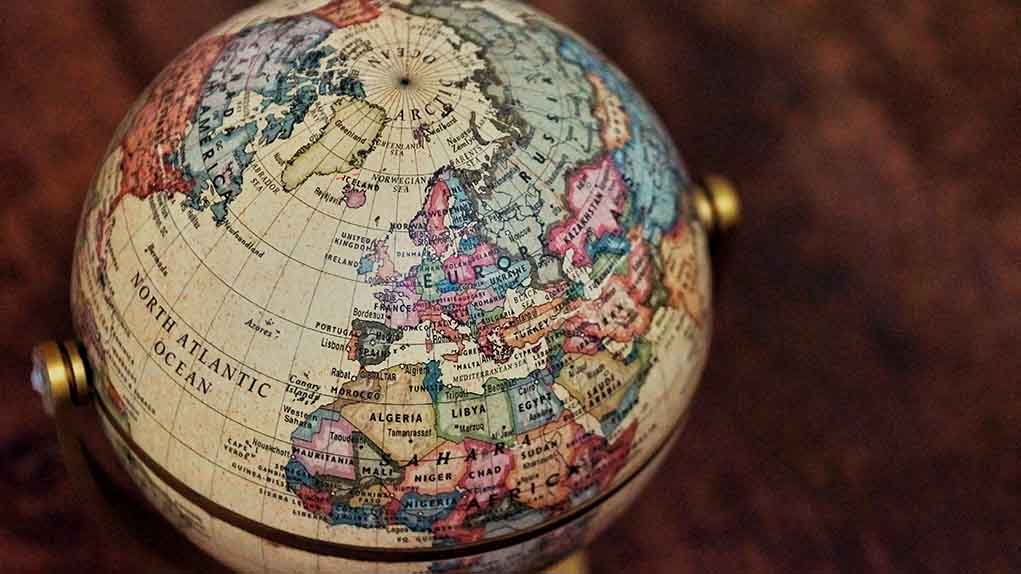Exploring Global Repercussions of Trump’s Greenland Acquisition Interest

Donald Trump reignites interest in purchasing Greenland, citing national security concerns and strategic importance.
At a Glance
- Trump renews interest in acquiring Greenland, emphasizing its strategic value for U.S. national security
- Greenland’s rich natural resources and strategic location fuel geopolitical interest
- Both Greenland and Denmark firmly reject the idea of selling the autonomous territory
- Climate change is increasing Greenland’s significance as new shipping routes open
- The potential cost of purchasing Greenland could reach $1.7 trillion
Trump’s Vision for Greenland Acquisition
President-elect Donald Trump has rekindled interest in the United States purchasing Greenland, a move he argues is crucial for national security and global freedom. This bold stance aligns with Trump’s broader geopolitical strategy and his emphasis on securing strategic assets for the United States.
The island’s vast natural resources, including rare earth minerals, oil, and natural gas, make it an attractive prospect for the U.S. Moreover, Greenland’s strategic location for military operations and trade routes, especially with new Arctic shipping lanes opening due to melting ice, adds to its allure. Trump’s interest is partly driven by competition with China over rare earth minerals, highlighting the global race for resources in the Arctic region.
Trump officially calls for the purchase of Greenland, stating, “For purposes of national security and freedom throughout the world, the US feels that the ownership of Greenland is a necessity.”
Follow: @AFpost pic.twitter.com/qz4nMCexLa
— AF Post (@AFpost) December 23, 2024
Greenland’s Strategic Importance
Greenland’s geopolitical significance has been amplified as melting ice exposes previously inaccessible resources and opens new shipping routes. The island, which is over 800,000 square miles – about three times the size of Texas – is home to the U.S. military’s Pituffik Space Base, crucial for missile defense and space surveillance. This existing military presence underscores the strategic value Trump sees in potentially owning the entire territory.
Despite Trump’s enthusiasm, both Greenlandic and Danish officials have firmly dismissed the idea of a sale. Greenland, an autonomous territory of Denmark with 56,000 inhabitants, has been under Danish control since the early 18th century. The island gained self-rule in local matters in 1979, but Denmark still manages its defense and foreign policy. Greenland’s residents are Danish citizens and have representation in the Danish parliament, further complicating any potential transfer of sovereignty.
“Most people don’t want it. I think some people find it quite disrespectful. And the way it has been done, and just the fact that you’re saying that you can buy another country,” said Aaja Chemnitz, a Greenlandic member of the Danish Parliament.
Historical Context and Current Challenges
The United States has previously considered purchasing Greenland, with attempts during the administrations of Presidents Andrew Johnson and Harry Truman. These historical precedents highlight the enduring strategic interest the U.S. has had in the island. However, the current geopolitical landscape presents significant challenges to Trump’s ambitions.
1868 US State Dept report on Greenland commissioned by Secretary Seward: "By location it belongs in the Western Hemisphere and is an insular dependency of the North American continent….I have heretofore expressed the opinion we should purchase…Greenland." pic.twitter.com/lLOxbCvKsi
— Saagar Enjeti (@esaagar) January 7, 2025
Public sentiment in both Greenland and Denmark is largely opposed to U.S. acquisition. Greenland’s Prime Minister Múte Egede has called for independence from Denmark but rejected the idea of joining the United States. Denmark recently announced a $1.5 billion increase in defense spending for Greenland, a move unrelated to Trump’s renewed interest but indicative of the island’s importance to the Danish government.
The Road Ahead
As the Arctic’s strategic importance continues to grow, Greenland remains central to geopolitical discussions. The potential cost of buying Greenland, estimated at up to $1.7 trillion, presents a significant financial hurdle. Despite the challenges, Trump’s persistent interest in Greenland underscores the complex interplay between global politics, economic potential, and international relations in the Arctic sphere.
As nations navigate the challenges and opportunities presented by the region’s unique characteristics, the debate over Greenland’s future is likely to continue. Trump’s bold vision for acquiring the island, while facing significant obstacles, has undoubtedly brought renewed attention to the strategic importance of this vast Arctic territory in an era of shifting global power dynamics.
